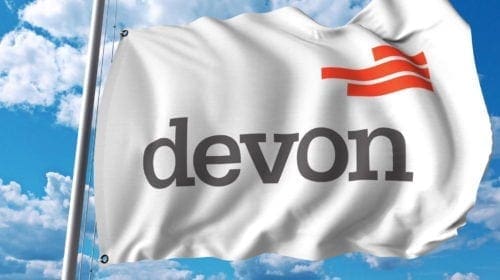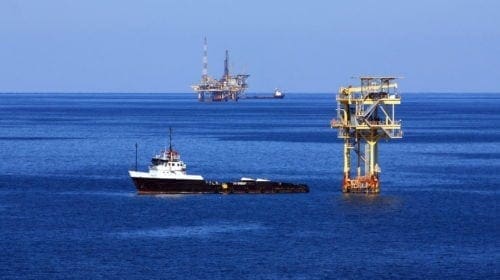In order to avoid losing innovative progress without going insolvent, companies are finding it prudent to partner up to foster a creative yet affordable environment. National Oilwell Varco (NAV) and GE Oil and Gas announced an agreement earlier this month that focuses on developing solutions for Floating Production Storage and Offloading (FPSO) vessels.
By combining the resources of both of these well-known companies, FPSOs should become more versatile and adaptable to unique situations.
“We can materially improve deepwater production economics by industrializing the supply chain and standardizing complex interfaces between our complementary topside equipment,” Clay Williams, CEO of NOV, said in a July 7 statement.
Drillers and producers within the oil industry have seen massive cost-cutting efforts and initiatives for efficiency in order to achieve profitability in a low-price environment. However, the suppliers of these producers and drillers also undergo shifts in the way they operate. In addition to cost-cutting, they must also offer discounts or slash prices so that they may be seen as a competitive supplier.
During times of a downturn, suppliers sometimes find it necessary to cut down on R&D expenditures. Although this is effective from the cost-cutting perspective, it is more of a nuisance for drillers and producers, who must innovate their own processes and operations in order to optimize productivity. These costs simply add to the burden operators already experience.
When suppliers cease innovating their products, it can actually make them less competitive. Of course, the cost can be seen as an additional strain on operations. But in an industry where every technological advancement can make a massive difference to the bottom-line, suppliers must consider whether they can offer more value by consistently innovating or by offering the same goods at a lower price. In the short term, the latter might seem like a good idea. In the long-term, however, there are very detrimental side effects, such as decreased competitiveness and a lack of interest from buyers, who seek the latest tech in the field.
By focusing on digital solutions, NAV and GE will update the way FPSOs function and are monitored.
“Digital solutions will add even more value to the agreement,” Lorenzo Simonelli, President and CEO of GE Oil and Gas, said in the statement. “Digitization has become not only a competitive differentiator but increasingly, a necessity to help our customers make their businesses stronger long-term.”
GE Oil and Gas and NOV have set a clear path for themselves to remain a strong, consistent supplier of reliable and technologically advanced goods.
Multiple mergers, including FMC and Technip, Schlumberger and Cameron, and various others, are meant to further this goal of efficient and affordable innovation. By combining resources and streamlining processes, these companies are ensuring their future success by offering optimal solutions to their clients.













